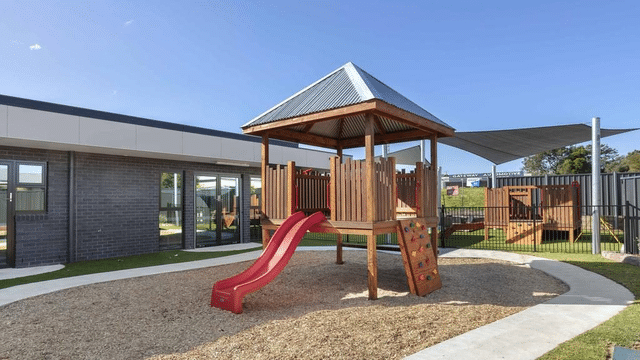A regular type of application before the State Administrative Tribunal is for child care premises. Notwithstanding that their need is now integral to the modern-day family life cycle, where to locate them remains challenging.
With Director, Joe Algeri as agent for the Applicant, it was successfully argued that the conversion of a single dwelling to a child care premises for up to 20 children and 3 staff was appropriately located on a site in Millars Well in the City of Karratha. The decision of Pisani and City of Karratha [2022] WASAT24 can be read in full here.
Pisani dealt with the usual issues of noise, traffic, and the appropriateness of the use in a residential location. Also typical was concerns raised by the residents in respect to the above and how those considerations would affect the amenity of the locality.
The Tribunal’s decision, and others before it, sheds light on the following considerations which we believe both applicants and decision-makers dealing with similar applications should be mindful of.
Local Governments, particularly where there is no relevant local planning policy, tend to lean heavily on the Western Australian Planning Commission’s Planning Bulletin 72 – Child Care Centres (2009). Planning Bulletins are not captured as planning instruments in State Planning Policy No 1 State Planning Framework (SPP 1) and as such, any guiding principles should not be regarded as state mandated policy requirements that must or can be enforced.
The Tribunal will give regard to, and is often assisted by, the views of residents providing evidence in respect to amenity concerns; see Canning Mews Pty Ltd and City of South Perth [2005] WASAT 272; (2005) 41 SR (WA) 79. However, amongst the suite of considerations that a decision-maker must give due regard, Local Governments often give significant weight to the concerns of residents, sometimes at the expense of other orderly and proper planning considerations. Furthermore, when invited to give evidence, residents should also be reminded that attempts to peer-review and enhance technical expertise relevant to the application may not be given weight to the amenity question as set out in Canning Mews; they are non-expert witnesses.
Applicants too should be mindful of the fact that the many experts required to justify a proposal do not have a static role in the preparation of the application. Specifically, there are dangers in preparing and relying on one report only. Throughout the course of the application, revisions often need to be made and reassessed by the experts and this sometimes occurs at the final hearing itself. There are inherent dangers in a template or ‘cookie-cutter’ approach to the development of any site or, in imposing budget constraints in the use of consultants preparing the application and then giving evidence.
Child care premises are likely to remain a contentious form of development in any locality. All relevant parties and stakeholders need to consider scale and locational attributes carefully. We welcome any enquiries about this matter.
